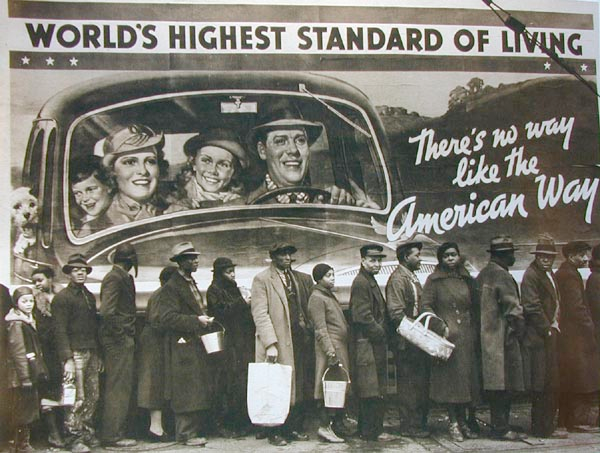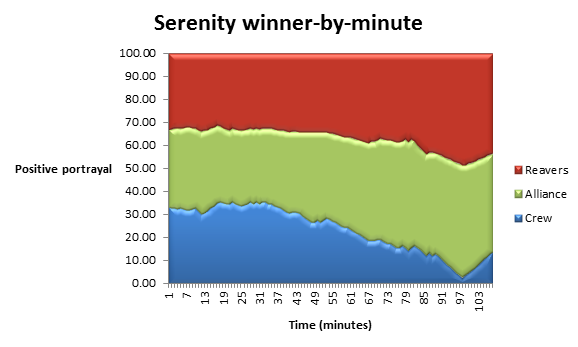Income Inequality and Financial Crises
April 5, 2012 in Daily Bulletin

Does income inequality generate financial crises? It rose before the Great Depression of the 1930s and before the Recession of the 2000s. The Economist reviewed the causal mechanisms of several economic models that suggest they do. They include:
- As income inequality rises politicians feel pressured to help the middle class and do so by expanding consumer credit. This leads to unsustainable amounts of debt triggering a financial crisis.
- As the rich get richer the poor feel the need to emulate their lifestyle and so borrow money to buy the finer things in life.
- The government borrows more adding to sovereign debt, with the intention of spending that money to help the low and middle-income people.
To read other theories, as well as why income inequality might not be a problem at all, and what all of this says about the responsiveness of the government, click here.
Source: The Economist


















Join the Discussion! (No Signup Required)